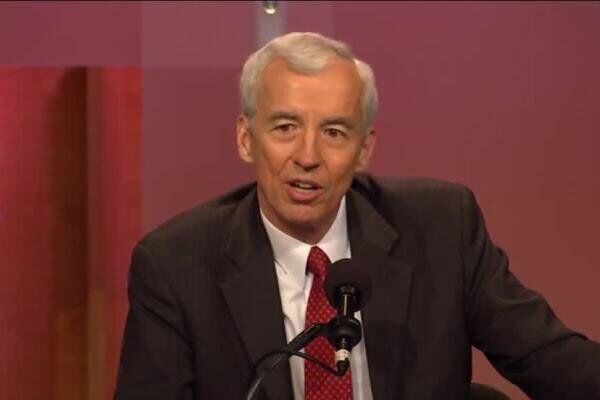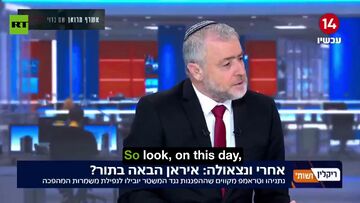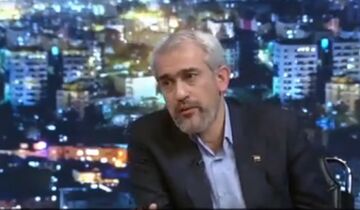TEHRAN (Bazaar) – Professor Paul Pillar, who was CIA intelligence analyst for 28 years, says Biden probably will become even more reluctant to make any concessions to Iran, on nuclear matters or anything else.
Pillar told Bazaar news agency that the Biden administration will support the resolution of IAEA against Iran. If it looks like an agreement on restoring the JCPOA is imminent, however, they will oppose it.
Following is the text of the interview:
Bazaar: A draft anti-Iran resolution backed by Europe and the United States has been sent to the International Atomic Energy Agency's Board of Governors, Reuters reported. Do you think such a resolution will be issued?
Pillar: As long as Iran fails to provide what are considered satisfactory answers to the IAEA's questions about traces of uranium found at the sites involved, there is a better than even chance that the Board of Governors will adopt a resolution of censure. This does not necessarily mean, however, a referral of the matter to the UN Security Council.
Bazaar: Some news sources, including Axios, have reported that the Biden government is unlikely to support the resolution because the dialogue with Iran is not closed. What is your assessment?
Pillar: If there is something close to a consensus on the rest of the board, and if there is not progress in the meantime of the issue of the IRGC being on the terrorist organization list, then I believe the Biden administration will support a resolution of censure. If it looks like an agreement on restoring the JCPOA is imminent, however, they will oppose it.
Bazaar: Before the important meeting of the IAEA Board of Governors, Rafael Grossi, the director-general of the IAEA, paid a visit to Israel. Following the visit, Israel announced that it would defend itself in the event of a failed diplomacy with Iran and the failure of the IAEA to suspend Iran's nuclear program and that Tel Aviv was committed to halting Iran's nuclear program. What is your assessment of this trip and this Israeli statement?
Pillar: Israel has long been making explicit threats of militarily attacking the Iranian nuclear program, and so additional Israeli rhetoric along this line is not new. If Grossi's trip had a purpose other than trying to give a general sense of balance to his travels, it might have been to try to persuade the Israelis to stop the sabotage attacks and assassinations inside Iran, which can only make negotiations with Iran more difficult (which, of course, has been the main Israeli purpose in perpetrating such attacks).
Bazaar: Given the current situation, some experts believe that the best way out of the current situation is a temporary agreement for reviving the JCPOA. What is your assessment?
Pillar: Given the reports about an the parties in the negotiation being close to having an agreed text, the best way out of the current situation is to dispose of any remaining matters such as the IRGC listing issue and put the existing test in final form--regardless of whether the agreement it embodies would be described as “temporary” or not.
Bazaar: The closer we get to the midterm congressional elections, the less American interest in a nuclear deal with Iran. Because even with a proper agreement, Biden will not be able to persuade the opposition inside that not to give concessions to Iran. What is your opinion on this?
Pillar: Biden has shown himself to be sensitive to domestic political considerations with regard to several foreign policy matters--witness the prospects of his trip to Saudi Arabia, in the interest of trying to get gasoline prices down. So, as the elections get nearer--and with many predictions that Democrats will lose seats--Biden probably will become even more reluctant to make any concessions to Iran, on nuclear matters or anything else.
















نظر شما